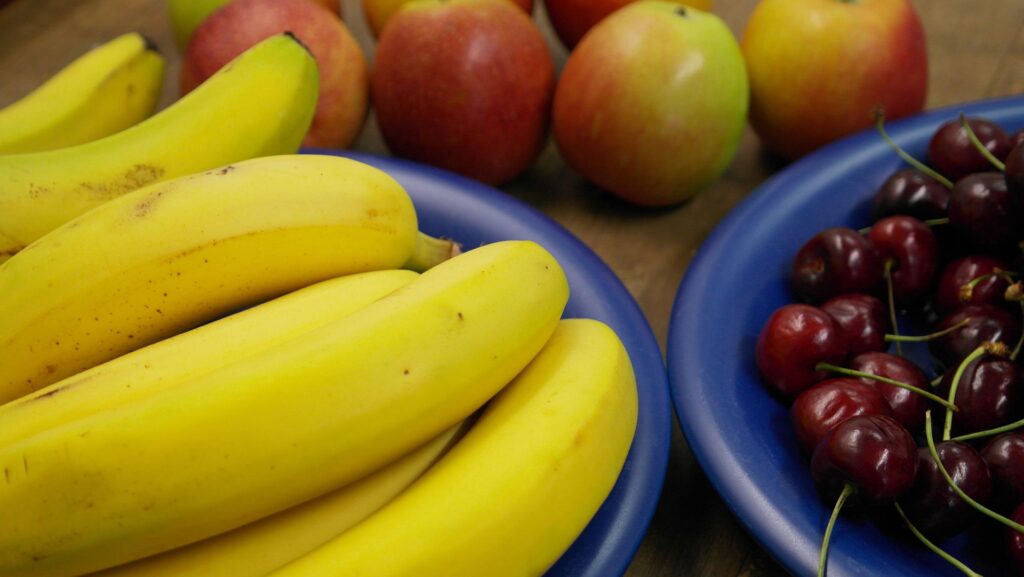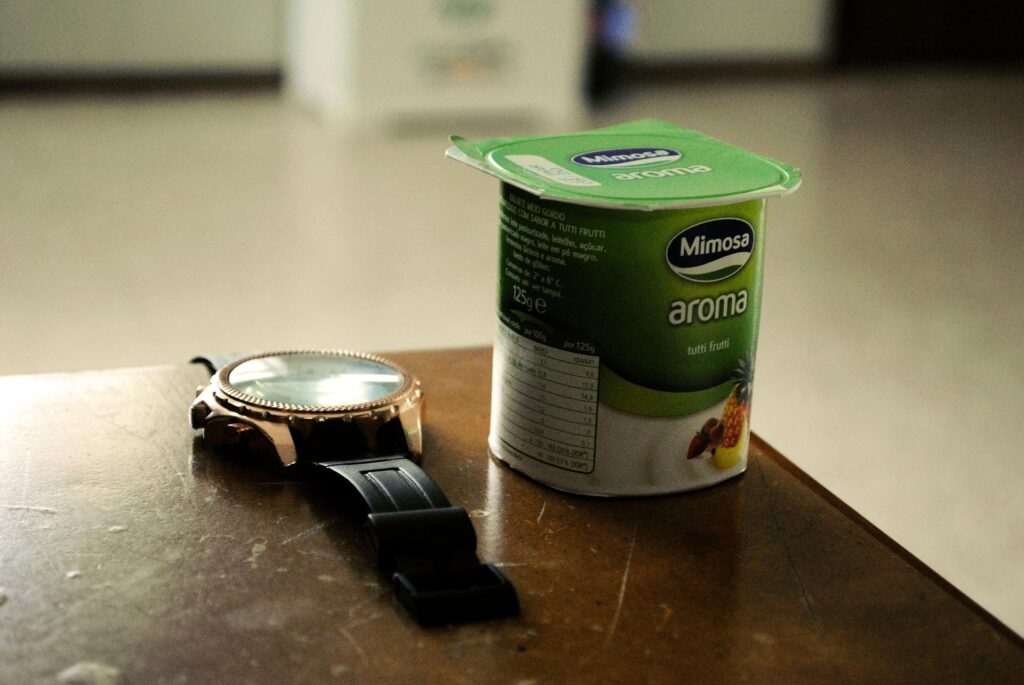
Getting enough sleep is just as important as eating well and moving our bodies. For children, restful sleep helps them grow, learn, and manage emotions. For parents, it supports energy, focus, and patience (something we all need more of!).
But did you know that food can play a big role in how well your family sleeps?
The connection between food and sleep is often overlooked. Certain nutrients help regulate the body’s natural sleep-wake cycle, while others may interfere with it.
By making small adjustments to what’s on your family’s plate, you can set everyone up for sweeter dreams and better mornings.
How Food Affects Sleep
- Blood Sugar Swings: Meals and snacks high in added sugar or refined carbs can cause quick spikes and crashes in blood sugar. This may leave kids restless at bedtime or cause night wakings.
- Nutrients That Support Sleep: Magnesium, tryptophan, calcium, and vitamin B6 all support the production of melatonin, the hormone that helps regulate sleep.
- Digestive Comfort: Large or heavy meals too close to bedtime can make it harder to settle down. A lighter, balanced evening meal helps prevent tummy discomfort and supports restful sleep.
The Best Foods for Better Sleep

Here are some kid (and parent) friendly options to add to your weekly menu:
1. Bananas
Bananas are rich in magnesium and potassium, which help relax muscles, and vitamin B6, which supports melatonin production. A sliced banana with a drizzle of nut butter can be the perfect bedtime snack.
2. Cherries
One of the only natural food sources of melatonin! Fresh or dried cherries (with no added sugar) can help the body wind down.
3. Warm Milk or Fortified Plant Milk
Calcium helps the brain use tryptophan to produce melatonin. A small glass before bed can be soothing, especially for kids.
4. Oats
Oats are a whole grain rich in melatonin and magnesium. A small bowl of oatmeal with fruit can be a calming evening snack.
5. Turkey or Eggs
Both are good sources of tryptophan, an amino acid that supports sleep hormones. A turkey and veggie wrap at dinner or scrambled eggs with spinach can work well.
6. Leafy Greens
Spinach, kale, and bok choy are full of magnesium and calcium both important for sleep. Sneak them into pasta sauces, smoothies, or quesadillas.
7. Nuts and Seeds
Almonds, sunflower seeds, or flaxseeds provide magnesium, protein, and healthy fats that help stabilize blood sugar overnight.
Tips for Families to Improve Sleep Through Food

- Establish a Family Routine: Try to keep dinner at least 2–3 hours before bedtime so digestion doesn’t interfere with sleep.
- Choose Balanced Dinners: Aim for a mix of lean protein, whole grains, and vegetables to keep blood sugar steady through the night.
- Limit Caffeine and Sugar: Chocolate, sodas, and energy drinks (even for teens) can interfere with sleep. Keep these out of the evening hours.
- Bedtime Snacks (If Needed): If kids need a little something before bed, go for nutrient-rich options like banana slices, yogurt with fruit, or a handful of almonds instead of cookies or chips.

The Bottom Line
Food won’t replace a good bedtime routine, but it can be a powerful tool for helping children and their parents fall asleep faster and stay asleep longer. By choosing meals and snacks that support the body’s natural sleep rhythms, families can enjoy more peaceful nights and brighter mornings.
Sweet dreams really can start at the dinner table.

Johane M. Filemon
Johane M. Filemon, MS, RDN, CLT is a Registered Dietitian Nutritionist and media contributor with over 15 years of experience in the field of Nutrition. She holds bachelor’s degrees in Exercise Science and Dietetics, and a master’s degree in Food and Nutrition Science. Her practice Wonderfully Nutritious Solutions is focused on helping others reverse chronic inflammation by utilizing functional and holistic nutrition. She believes that a healthy lifestyle should be inclusive of culture and not one-size-fits-all. She is the mother of 5 young boys whom she loves teaching how to create delicious meals in the kitchen.
